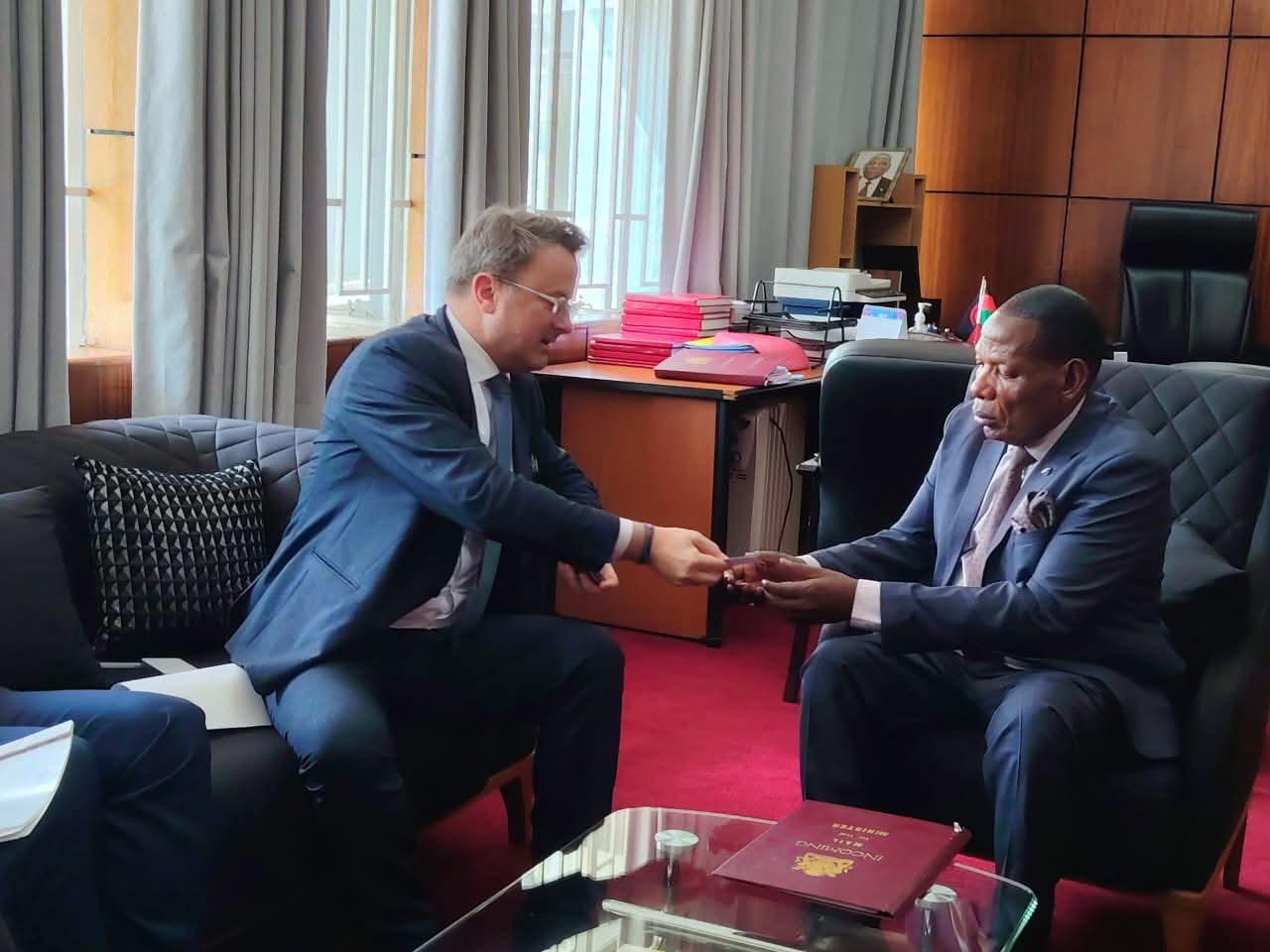By Burnett Munthali
These are original copies of results sheets from polling centres.
The sheets have been carefully preserved as official records of the votes cast, providing a verifiable account of the election outcomes.
Yet, there have been noticeable delays in updating the nation with these results.
Such delays, while sometimes logistical in nature, inevitably raise concerns among citizens and political stakeholders.
Some observers fear that prolonged reporting could be part of attempts to alter or manipulate figures, undermining confidence in the process.
Even when the original sheets are intact, the perception of secrecy or inefficiency can fuel suspicion and distrust.
Public trust is a cornerstone of any credible electoral system, and delays can inadvertently erode it.
When citizens do not receive timely updates, misinformation and rumors can spread quickly through social media and word of mouth.
This is particularly dangerous in politically charged environments, where tensions are already high and parties are sensitive to perceived irregularities.
Transparency in reporting, therefore, is not just a technical necessity; it is critical for maintaining democratic legitimacy.
Malawi’s electoral bodies face genuine logistical challenges: transporting result sheets from remote polling stations, verifying the tallies, and coordinating the central reporting system.
However, these operational hurdles must be balanced with proactive communication to prevent unnecessary alarm among voters.
A key lesson is that delays, even when innocent, can be interpreted as manipulation if the public is left in the dark.
To prevent suspicion in future elections, several measures can be implemented.
First, real-time reporting systems could be established, where polling centres upload verified tallies to a central public portal immediately after counting.
Second, transparent auditing procedures could allow independent observers, party agents, and citizen monitors to cross-check results on the spot.
Third, the media should be empowered to share running totals and updates, ensuring the public sees a continuous flow of information.
Fourth, clear communication from the electoral commission explaining the reasons for any unavoidable delays can reduce speculation.
Finally, investing in digital tools and training for local polling officials can streamline the tallying process and minimize errors or bottlenecks.
When such measures are in place, delays no longer automatically trigger suspicion, because voters understand the safeguards and see the process unfold openly.
The original polling sheets remain a vital safeguard, ensuring that the actual votes cast are always verifiable against the announced results.
Ultimately, democracy thrives when the electorate can trust both the process and the institutions managing it.
Malawi’s path forward involves embracing transparency, investing in systems, and fostering a culture of accountability that reassures citizens even during inevitable delays.
By doing so, future elections can minimize suspicion, strengthen public confidence, and ensure that the will of the people is respected without question.
Comparative lessons: How other countries manage real-time reporting
In Kenya, the Independent Electoral and Boundaries Commission (IEBC) uploads polling station results directly onto an online public portal.
Every Kenyan citizen can view scanned copies of the official forms from each polling station, enabling verification and cross-checking.
This process allows political parties, observers, and journalists to track results in near real time, reducing the possibility of manipulation.
In South Africa, the Independent Electoral Commission (IEC) continuously updates a public results dashboard as counting progresses.
Results are broken down by ward and district, providing citizens with clear and immediate information while the official tally is still ongoing.
In the United States, each state manages its own elections, but once polling stations finish counting, results are shared with media outlets and the public.
Media organizations then publish running totals, declare state winners when results are conclusive, and project the national outcome before official certification, ensuring full transparency.
Even in Zambia, the Electoral Commission has increasingly embraced public result transmission systems that allow constituency-level results to be uploaded digitally and verified by party agents and independent observers.
These examples demonstrate that real-time, transparent reporting is both feasible and effective in promoting trust and credibility.
For Malawi, adopting similar mechanisms — from digital uploads to public dashboards and observer verification — could dramatically reduce suspicion and improve public confidence in the electoral process.
By learning from these countries, Malawi can modernize its elections, making delays less contentious and strengthening democracy for all citizens.




